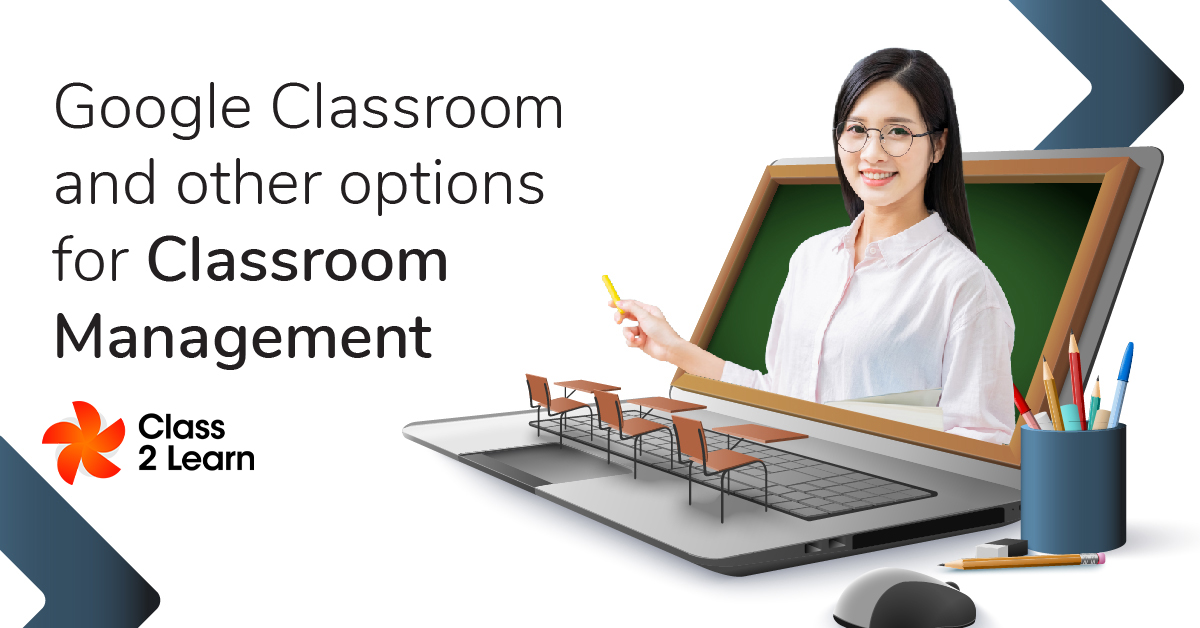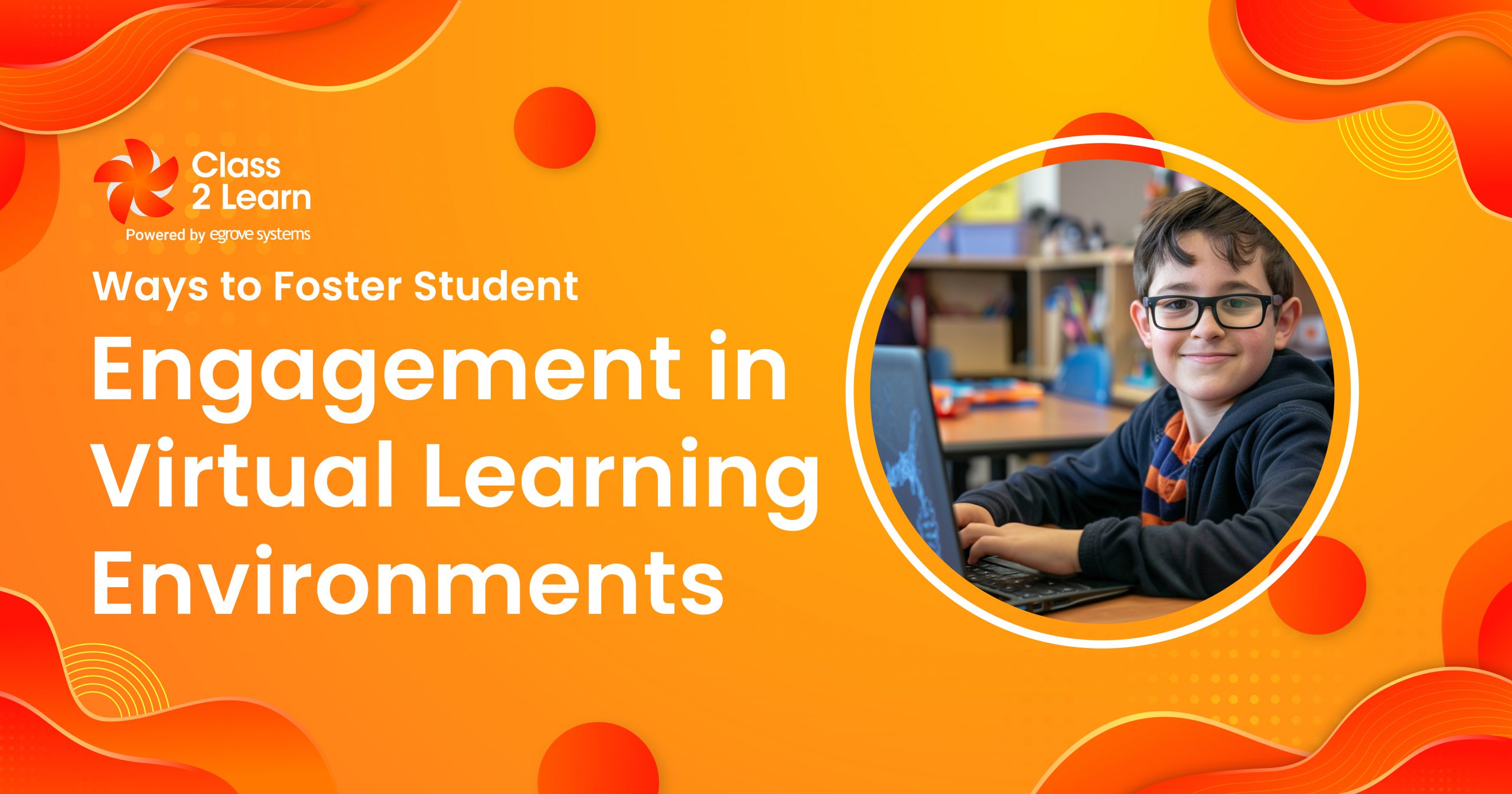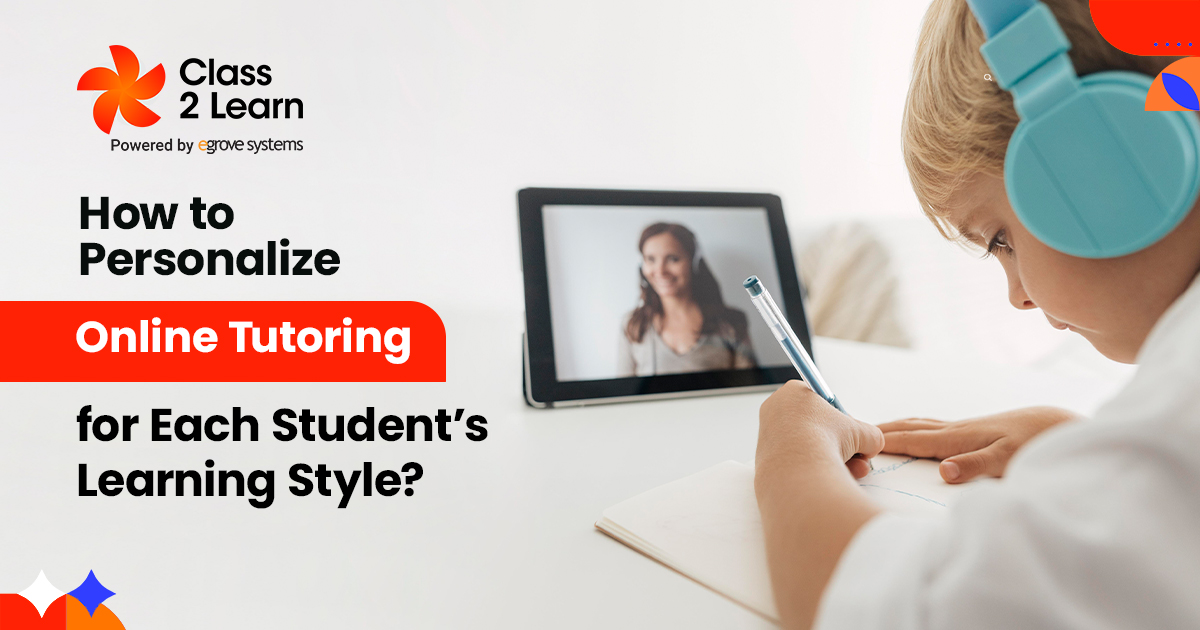Classroom management is moving online, letting teachers simplify the task of tracking their students’ assignments, grades, and more. Learning management systems (LMS) have come into focus due to the pandemic, so it’s becoming imperative for teachers, parents, and others involved in education to understand the options out there. Google Classroom doubled active users to more than 100 million since the beginning of March according to Bloomberg and choosing between it or the other options is a major consideration.
Google Classroom
Google Classroom has become the default choice of LMS for many schools as it is available for free for G Suite for Education users and matches the use of Chromebooks and Google services by many students already; Google holds 60% of the market share of education computers in the US. However, teachers that don’t want to use Google apps or want to integrate non-Google tools may prefer other options. It is also limited in customization options that could improve a teacher’s ability to control their classes. While extremely popular, many schools are looking for other options that, make them less dependent on Google while also, offering the tools they need.
Edmodo
Edmondo is one of the most widely-used LMSs besides Google Classroom, excelling at letting teachers place students in groups where they can post announcements, assignments, and tasks. It also offers additional features for whole schools and districts connected through the platform. With Edmodo, Blog links, videos, images, and other content relevant to the course can be easily posted for students to use and can be used to create parent accounts so teachers can share their efforts with them. It also offers free Android and iOS apps so users can connect on mobile platforms.
Moodle
Another popular option worldwide, Moodle is great for sharing class resources with students and giving assignments and quizzes online. It also makes it easy for educators to create online learning websites and discussion boards to help students. Moodle is open-source, not dependent on a single platform, and offers many plugins for additional learning tools, vastly improving its customization for users however this may make it difficult for new users to approach. If used effectively, it is one of the best options for teachers starting from scratch and can also integrate with Google Apps.
Canvas
Canvas is a leading LMS consisting all of the basic features needed for posting, submitting, and grading assignments, plus communication features for announcements, blogs, and discussions. It is easy to grade assignments through the app and post results and feedback that students can view.
Kiddom
Kiddom is a platform that offers several useful features on top of integration with Google apps, offering advantages over Google Classroom for classroom management. It focuses on letting teachers create standards-based lesson plans and curriculums, improves the ability of virtual and hybrid lesson plans to stay organized around the offers of a library of learning resources based on teaching standards. Kiddom is easy to set up and use and offers good analytics for tracking student performance over time and for managing a large number of students.
Beneylu
Beneylu is a K-8 learning platform that lets teachers give access to class activities, projects, and resources to students and parents. It is easy to customize with additional features and apps. Teachers can post blogs and create an online library in addition to giving homework assignments, sharing templates for projects and types of essays, and sending private messages to parents.
LiveBoard
LiveBoard is an online whiteboard platform that teachers can use to share lessons and information with students, whether teaching virtually or in person. Teachers can create groups that remain consistent over multiple lessons, so all class resources are made available. Teachers and students can communicate by text or audio chat.
Schoology is a K-12 LMS with powerful classroom management and communication features, plus over 300 premade course apps. Schoology has many features for collaboration, including public groups for educators to discuss teaching approaches, custom non-class groups for clubs, events, and parent interactions. It has customizable permissions that let teachers choose how students and parents can view online lesson resources.





Add comment